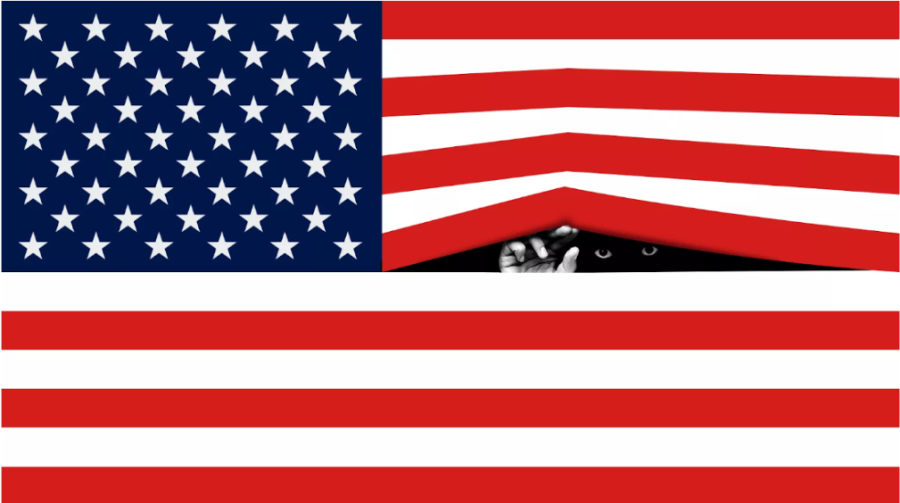Government Surveillance In The United States
“Under observation, we act less free, which means we effectively are less free.” ― Edward Snowden
November 1, 2022
Surveillance is no longer an anomaly on the world stage. It’s the norm. Every citizen in the world faces some form of surveillance, whether it be from a government for control or a corporation for monetary gain. All of your information–movements, credit card transactions, internet history– are actively monitored. But how do people know this? What does this mean for the future
On May 20, 2013, Edward Snowden fled from the United States to Hong Kong in order to meet with journalists from the BBC, New York Times, the Guardian, and several other prominent news sources. With him were 1.7 million documents stolen from the National Security Administration from dozens of subjects, but most notably intelligence information about the USA and the Five Eyes Organization, which is an intelligence treaty signed by the US, Canada, New Zealand, Australia, and Britain. Specifically, these bodies were proven to be keeping track of phone call location and length, emails, text messages, and most importantly that they network in close conjunction with private mobile apps to get even more personal information. A small portion of the Snowden leaks can be accessed here.
It’s worth mentioning a legal barrier that is supposed to keep government power over scrutiny: The 4th Amendment. In layman’s terms, the 4th Amendment is in place to protect people from unreasonable searches and seizures committed from the government and law enforcement. Normally with this in place no agency would have the authority to commit such acts, but the FISA (Foreign Intelligence Surveillance Act) Court has granted 33,942 internet personal information warrants (with only 12 being denied) since its creation in 1978. Because the court grants permission virtually every time, they have essentially become a surveillance lackey to the NSA.
This may not seem like a big deal now, or maybe some people don’t think that this will ever be an issue, but I beg to differ. Privacy, whether it be internet or in person, gives people the freedom to pursue what they want: hobbies, jobs, or a steady flow of information. Take that away and what would be left? People who aren’t free to make decisions for themselves; people who aren’t safe to make choices because of constant surveillance.
A 1984-esque dystopia isn’t even unlikely when you consider international legislature trends toward surveillance. The U.S. Government already has the authority to scan search data without a warrant, and they exercise that authority regularly. On a similar note, Stuxnet, a virus created by the CIA in around 2005, was employed to damage the Iranian nuclear power grid by networking its way through personal computer systems until the virus recognised an Iranian IP address. Officially, 200,000 computers were infected in Iran alone. However, there is no credible figure on how many personal, domestic computers were also infected. The CIA created Stuxnet to monitor and potentially destroy any system it encounters, so who’s to say that they stopped with Iran?
The terrifying part of potential control through surveillance is that it can happen any day. It takes one legislator, one bill, one vote in the Senate before the concept is right before our eyes, before we pass policies like the Chinese, that allows their government to purge people based on whether or not they approve of what citizens search.
What’s stopping that from happening everywhere? Who’s keeping whatever legislative bodies from ganging up for the sake of surveillance (it did happen, Five Eyes Organization), or who can stop an agency from using your data to determine whether or not you are a “model citizen?” As of now, only voters. Do research on candidates; figure out what their stances on everything are. Make sure that no matter the party colors, they align with what can keep you and your families safe from any legislation– whether it be surveillance rights or anything else.


